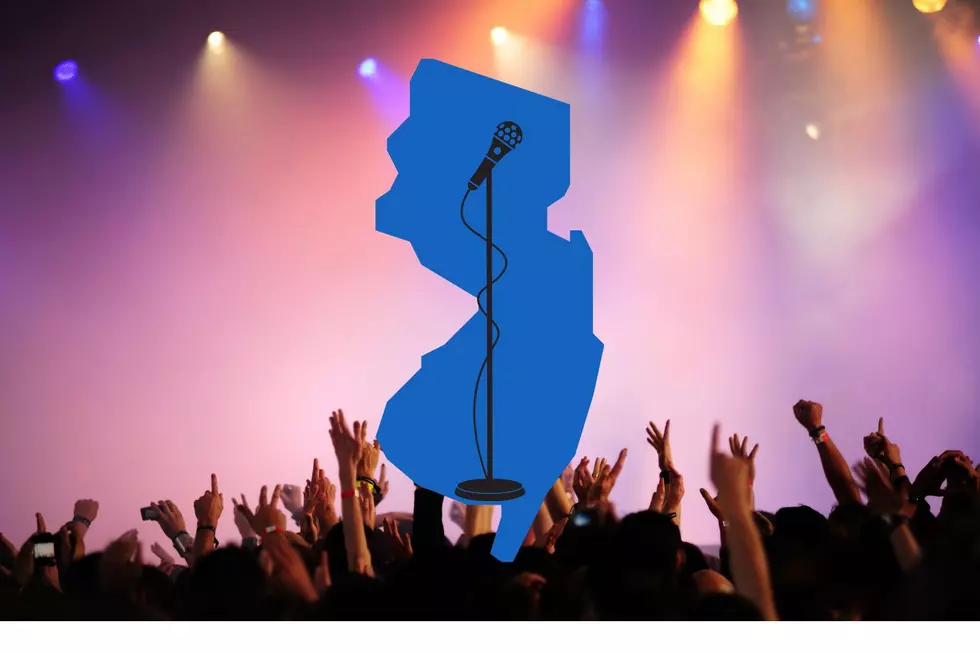
How to Tell If Someone is Drowning
It's swimming season, and we all know to be vigilant when watching kids at the beach or in the pool.
You may think you know the signs that someone is drowning or needs help, but it can look very different from what you see on TV!
Drowning is typically portrayed in shows and movies in very dramatic fashion with someone wildly splashing around, waving, and yelling for help.
That can, in fact, mean that someone is in "aquatic distress" and needs help.
The scarier signs of drowning? They are the nearly silent, barely noticeable actions known as the "instinctive drowning response."
- 1
Silence
The body knows it's drowning, and the main concern is breathing, and so all oxygen is used for that purpose. The person is unable to speak, and so will not call out for help. If you ask someone if they are okay, and they simply stare at you (see #5) or don't say anything back, they need help!
- 2
Mouth bobbing at water level
If you see someone's mouth at water level, or bobbing up and down, they could be instinctively popping above the surface just long enough to take a breath before sinking back below the water. (This is another reason why they'd be unable to yell for help.)
- 3
Vertical body
The body is straight up and down, with no kicking to keep them afloat.
- 4
Arms straight out to the side
The body will instinctively put the arms out to the side to try to press up against the water's surface. The drowning person might be physiologically unable to wave their arms, and they may look like they are just playing in the water.
- 5
Glassy eyes or a blank stare
When your body's main focus is physically staying alive, secondary functions like focusing or opening the eyes are no longer a priority. Again, if you ask someone if they are okay, and they seem to just be staring at the sky or at nothing at all, and don't say anything, they need help!
- 6
Dry or secondary drowning
It's rare, but this can happen a few minutes or even HOURS after getting out of the water. It can happen to anyone, but is more common (though still rare) with kids. It can happen if a child accidentally breathes in water while struggling to swim, or even if they just get a mouthful of water. Symptoms include coughing, chest pain, trouble breathing, irritability, and/or being exceptionally tired after swimming. If those symptoms stay the same or get worse over the next 24 hours, you should take your child to the ER to get checked out.
More From 94.3 The Point
![Rip Currents a Big Threat This Summer in NJ [AUDIO]](http://townsquare.media/site/385/files/2013/06/55379029.jpg?w=980&q=75)

![Are New Jersey Beaches Unsafe? [POLL]](http://townsquare.media/site/393/files/2012/05/4954539658_06bac76099.jpg?w=980&q=75)






